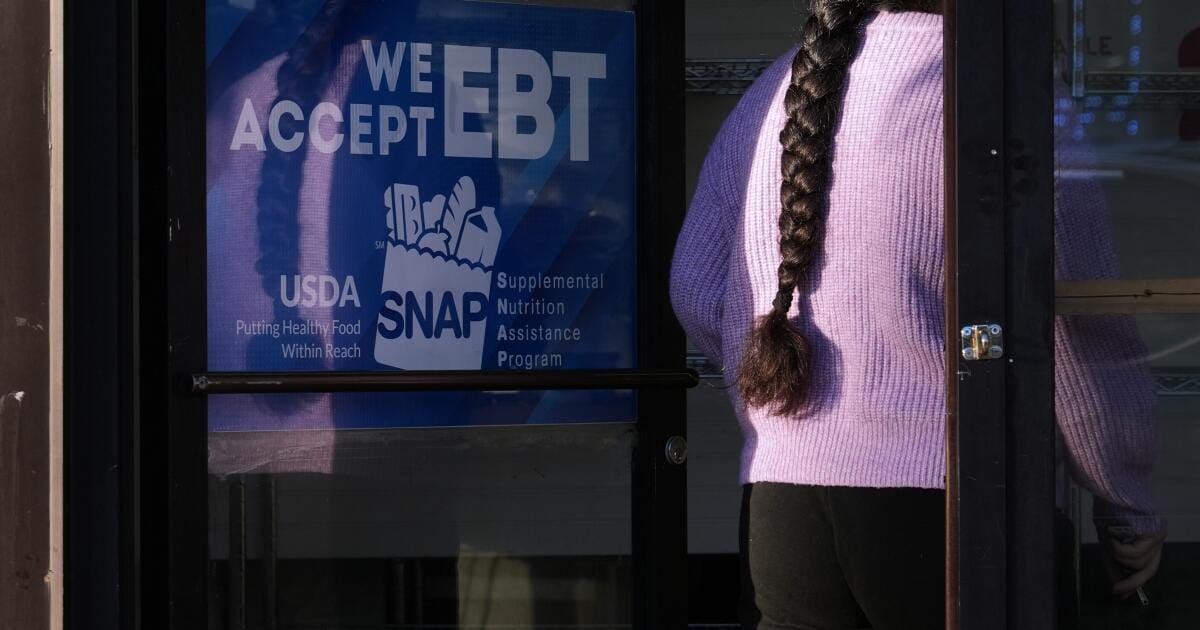Trump administration demands states ‘undo’ full SNAP payouts
The Trump administration is demanding states “undo” full SNAP benefits paid out under judges’ orders last week, now that the Supreme Court has stayed those rulings, marking the latest swing in a seesawing legal battle over the anti-hunger program used by 42 million Americans.
The demand from the U.S. Department of Agriculture came as more than two dozen states warned of “catastrophic operational disruptions” if the administration does not reimburse them for those SNAP benefits they authorized before the Supreme Court’s stay.
Nonprofits and Democratic attorneys general sued to force the Trump administration to maintain the program this month. They won the favorable rulings last week, leading to the swift release of benefits to millions in several states.
But, even before it won a stay on those rulings through an appeal to the Supreme Court on Friday night, the Trump administration balked at reimbursing states for the initial round of SNAP payments. Wisconsin, for example, loaded benefits onto cards for 700,000 residents, but after the U.S. Treasury froze its reimbursements to the state, it anticipates running out of money by Monday, Democratic Gov. Tony Evers’ administration warned in a lengthy statement Sunday.
The lack of money could leave vendors unpaid and trigger escalating legal claims, the states warned. “States could face demands to return hundreds of millions of dollars in the aggregate,” the filing at the 1st Circuit Court of Appeals says.
That situation “would risk catastrophic operational disruptions for the States, with a consequent cascade of harms for their residents,” the filing concludes.
That filing arrived as the Department of Agriculture on Saturday told states it would now consider any payments made last week to be “unauthorized.”
“To the extent States sent full SNAP payment files for November 2025, this was unauthorized,” Patrick Penn, deputy undersecretary of Agriculture, wrote to state SNAP directors. “Accordingly, States must immediately undo any steps taken to issue full SNAP benefits for November 2025.”
Evers issued a quick response to the Trump administration’s demand. “No,” the governor said in a statement.
“Pursuant to and consistent with an active court order, Wisconsin legally loaded benefits to cards, ensuring nearly 700,000 Wisconsinites, including nearly 270,000 kids, had access to basic food and groceries,” Evers said. “After we did so, the Trump Administration assured Wisconsin and other states that they were actively working to implement full SNAP benefits for November and would ‘complete the processes necessary to make funds available.’ They have failed to do so to date.”
Bauer and Riccardi write for the Associated Press.
